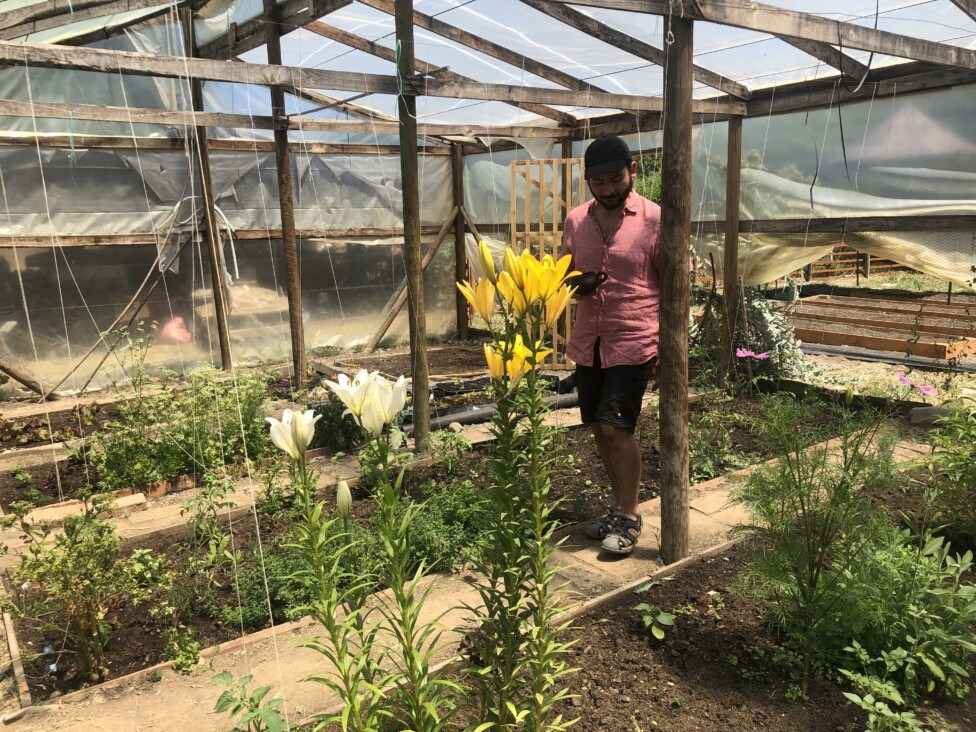
HAVANA TIMES – Communities of rural Chileans are mobilizing and organizing to defend their water rights which have been abused by large agricultural producers and mining interests who are making the effects of drought and climate change even worse.
Severe drought has been affecting this long South American country with 19.4 million inhabitants for the last 14 years, although there was a respite this year, with increased rainfall as a result of El Niño, the climate event linked to increasing water temperatures in the Pacific Ocean.
Chile’s economy is mainly sustained by agricultural exports, especially fruit, and mineral exports, mainly copper. Both industries are intensive consumers of water and leave thousands of small farmers at a disadvantage.
In the Codegua municipality, 75 kilometers south-east of Santiago, there are 13,000 inhabitants, 2,000 of whom work in family-owned farming ventures producing fruit and vegetables.
Large fruit producers in the O’Higgins region, where Codegua is located, have ownership of 70% of arable land in the area.
Fernando Huerta, 34, has been living on a family farm of half a hectare in Codegua, for seven years. He grows vegetables, corn, zucchini, tomatoes and other produce in his greenhouse and an outdoor vegetable plot.
He is one of the 70 users of the Isla Norte canal, with water coming from the Codegua River.
“I came to a territory where water was administrated by plantation owners who worked as an oligarchy. 2019 was the most critical year in terms of drought and they were distributing water every two weeks, arbitrarily. It meant total ruin, everything pretty much dried out. That’s when the community began to question their administration,” he told IPS on his farm.
This criticism was directed at the Isla Norte Irrigation Community, in Codegua, controlled by a large fruit producer who made unilateral decisions, arguing that they owned 50% of water stocks in the sector.

Ever since the Pinochet dictatorship (1973-1990), land ownership in Chile has been separate from water rights, which are private. These water rights or stocks are nabbed on the market and can be accummulated, without a limit, by powerful groups leaving small farmers without water.
Huerta says that small farmers from Isla Norte discovered that this large producer didn’t really own half of the water stocks and “had been illegally administrating water for years, taking advantage of the fact that the community didn’t work” together and had no idea they were lying.
The controversy was resolved in an intense town meeting where farmers demanded justice, proved the fraudulent use of water and exposed the alleged owner of this resource’s poor administration.
“We preferred a dialogue because we had all of the information and knew full well what was going on. If the entire community agreed on an administrative change, we could implement this with laws in force, regardless of whether you own more or less water rights,” he explained on a tour of different farms benefitting from the collective struggle and riverside areas of the Codegua River.
Today, Huerta leads this Irrigation Community, with 70 members, although the census


